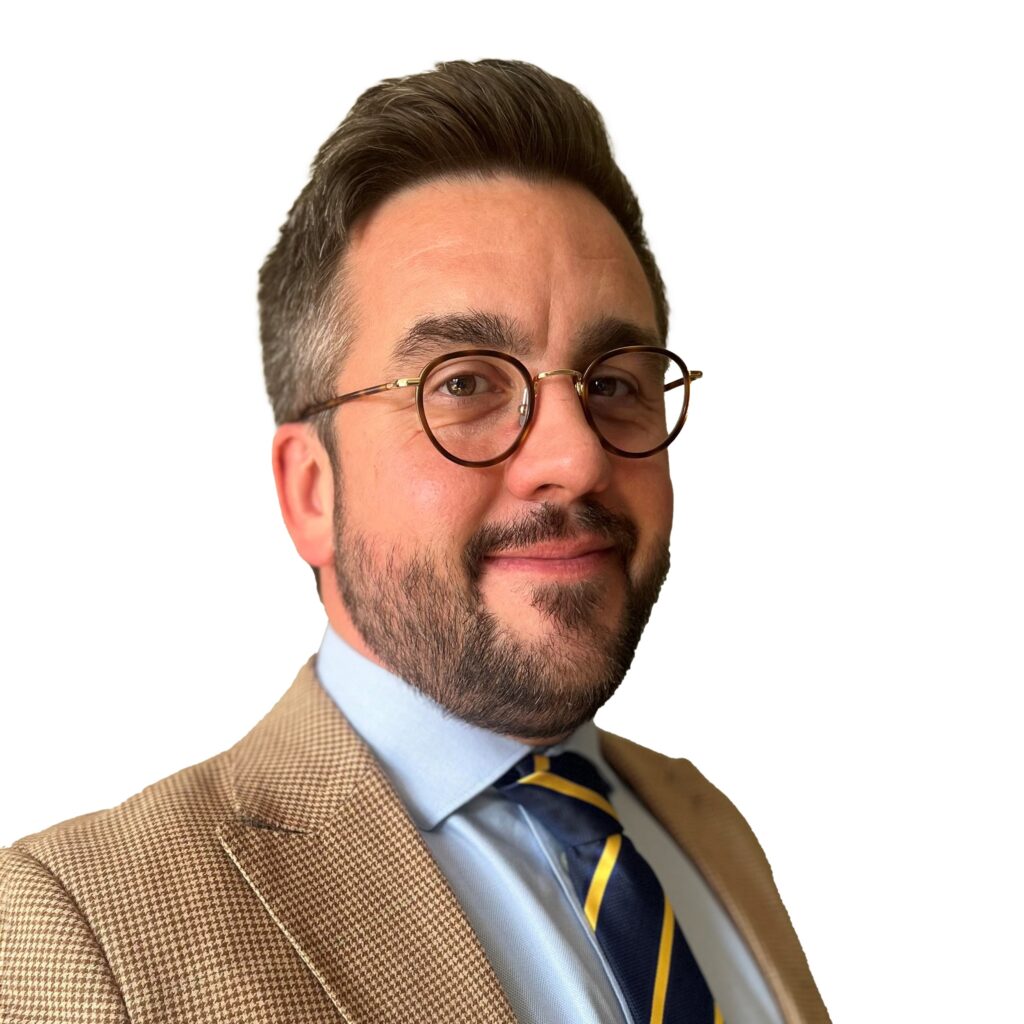

Microplastics represent a significant hazard to ecosystems, human health, and water security. How can we address something which we cannot completely see or quantify? This webinar provides clear, concrete scientific insights and answers.
Join Austen Buck from WRc (Water Research Centre Limited) as he unpacks groundbreaking research from their Knowledge Transfer Partnership with Queen Mary University of London, spearheaded by Dr. Nabil Hajji, WRc’s Technical Director in Toxicology.
Microplastics are pervasive and persistent. They are present in our rivers, drinking water, and the air we inhale. However, deficiencies in comprehension impede efficient policymaking and innovation. WRc’s study reconciles this gap, providing a comprehensive perspective to:
Austen is the Director of Water, Environment and Scientific Services at WRc, and directs our Environmental Geoscience and Hydrology, Water Treatment, Desalination and Water Reuse, Toxicology and Microbiology teams. He has held numerous positions in the water industry over the last 17 years, with a focus on microbiology, water safety planning and research. He has worked for a global analytical laboratory as an Analytical Scientist and as a Quality Auditor in microbiology, chemistry, and sampling. He has also led on the development and implementation of Water Safety Planning activities for a large UK water supplier over a 7-year period developing his expertise in the water supply systems and potential risks and control of water quality risks and supply interruptions. He holds a PhD in Public Health and Environmental Microbiology which investigated the attachment and accumulation of viruses to sediments in river systems and the potential risk from resuspension using novel microbial source tracking techniques. During his time in academia, he also co-authored publications on virus and bacteriophage removal through membrane bioreactor technologies in leading water journals and supported large-scale river basin monitoring programs in the Southeast of England as part of an INTEREG funded project. Austen is a Chartered Scientist with the British Science Council, a corporate member of the Institute of Water (IWater), and an active scientific registration assessor and science panel member with the Institute.
